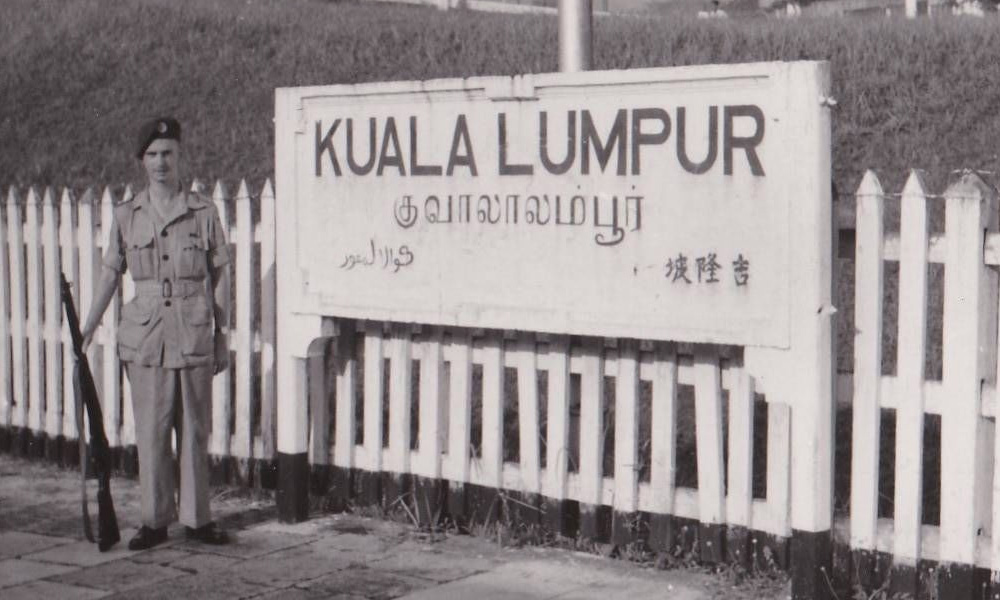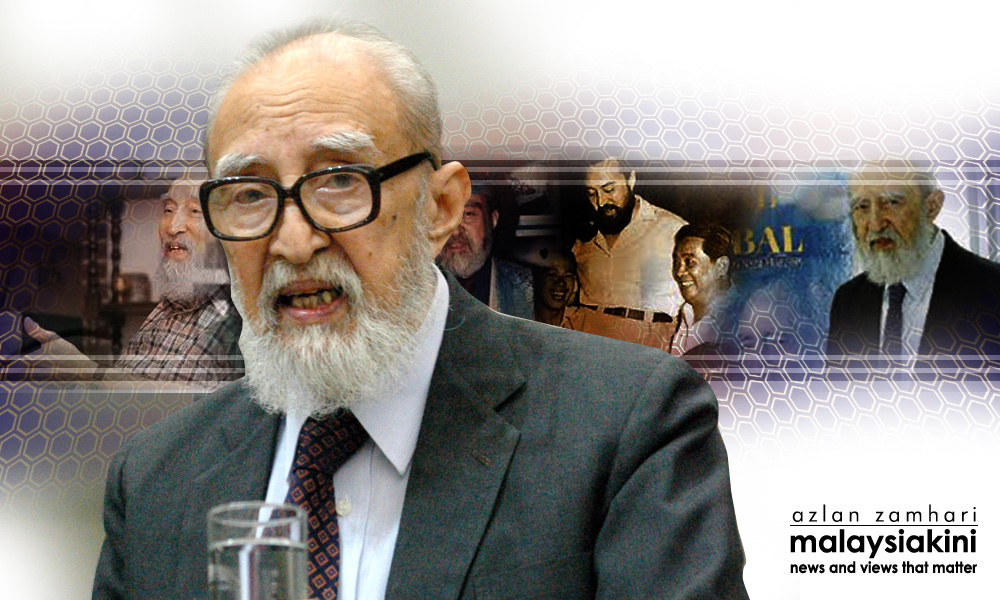In his first lecture, Professor [Loïc] Wacquant set two ground rules: whenever we see the word “race”, we are to put it in quotation marks. Second, we are not allowed to use the word “racism”... the act forces the person uttering or writing the word to remember that “race” is a social construct. How “race” is understood and experienced, how it is enacted, and the consequences of its particular enactments, vary over time and place.
- from the book This Is What Inequality Looks Like by Teo You Yenn
It took me a long time - much too long - to read the Singaporean sociologist Teo You Yenn’s This is What Inequality Looks Like. This book belatedly forced me to pay deeper attention to the complicated, problematic terminology behind those two words, "race" and "ethnicity", that we take for granted in an everyday context.
I began noticing particular assumptions as I pored over manuscripts I was editing, considering their implications and meanings. By not paying close attention, we strip them of deeper implications, and the result is that together with terms like "stereotypes", "prejudice", and "discrimination", they become absorbed into everyday use and lose their malicious power.
Where I once noted them almost unquestioningly, now I was deliberately considering their usage, as they peppered the pages and are taken for granted.
In some cases, I opted to substitute “race” for “ethnicity”. Perhaps it may be a less contentious choice that avoids the supposed biological connotations of “race” and the historical baggage that it has been saddled with.
But doing so means avoiding the need to grapple with the deeper nature of the historical baggage that “race” carries: those of colonialism and class, notions that seeped into the systematic classification of subject populations by European powers.
The following quote is often attributed to Lord Kelvin of the Royal Society, musing on the future of physics: “All that remains is more and more precise measurement.” His words summed up the ethos of 19th-century science, and its obsession with perfection and quantification.
The discipline that was applied to cataloguing and quantifying natural phenomena would be applied to the subject populations of the colonial empire. The dubious “science” of taxonomising human populations was lent an air of respectability by the involvement of figures like the founder of binomial nomenclature, Carl Linnaeus (although to be fair to Linnaeus, he may have seen it as being no different from differentiating two species of flowers).

While many pseudoscientific pursuits such as phrenology can be safely mocked today, the study of “race” and its subsequent “empirical” and “objective” applications had a powerful role in the realms of empire. A strong assumption came into play: the supremacy of certain people over others, buttressed by self-serving assumptions drawn from the emerging theory of evolution.
The colonial empire provided room for eager scholars to expand their work, in particular allowing the early anthropologists room for research. As Nur Dayana Ariffin of Universiti Malaya describes it: “It was colonialism which made anthropology ever more accessible... Not only did anthropology benefit from the assurance of security and resources provided by colonial governments... but to a certain degree, anthropology facilitated the colonial administration during the 19th and early 20th century.”
In other words, the supposed empiricism of science had been symbiotically wedded to the entrenchment of colonial rule. Dressed in scholarly respectability, this would leave behind unquestioned stereotypes of biological determinism and fixed ideas of indigeneity that persisted long after the empires collapsed.
Much of my early grasp of these nuances in a local context came from reading a collection of Farish Noor’s lectures given at the Annexe Gallery behind the old Central Market in Kuala Lumpur, collected into book form in What Your Teacher Didn’t Tell You, but it took much more reading and time to fully grasp the nuances of what he hinted at.
In Imagined Communities, the pathbreaking work on the history and development of nationalism by Benedict Anderson, noting the work done by Charles Hirschman on the bewildering census documents created by British colonists, pointed out that they were singularly problematic documents, certainly bizarre by our standards today.

Take for example the Census of 1911, taken in the Federated Malay States, which lists out the many arbitrary subcategories under “Malay Population by Race”. This sort of classification in turn points to “the census-makers’ passion for completeness and unambiguity (p. 166).” The colonial creators of the census were also responsible for the creation of the catch-all, meaningless and derogatory term: “Others”.
The exercise of power and authority classified other populations as naturally inferior, a trend that is evident in historical writings. As Brian Bernards points out in Writing the South Seas, “[t]he imperial Chinese worldview relegated various Southeast Asian populations to the status of ‘southern barbarians’”, so much so that fiction produced before the collapse of Qing power, “propagates the tribute system while exaggerating the exotic and erotic qualities of Southeast Asians to legitimise their inferiority and subjugation.”
European-style racism, however, left a more lasting mark in our region. Returning to Anderson, the other legacy of the colonial project meant the gradual cementing of fixed, pure, unambiguous identities, which meant that “there were frequent endeavours to force a better alignment of census with religious communities by... politically and judicially ethnicising the latter (p. 170).”
What this means, in practice, that the understanding of “race” has little relationship with the traditional fluidity on the ground. And any discussion of “race” ultimately comes down to racism, which as he notes, “actually have their origin in ideologies of class, rather than in those of nation... Where racism developed outside Europe in the nineteenth century, it was always associated with European domination (p. 149-150).”
Small wonder then, that postcolonial Southeast Asia as we know it today still strongly carries this stain. Racism springs from a position of power, disguising its notions of supremacy and class in immutable biological traits and “scientific” respectability.
But this is not to say that we are incapable of breaking out of this mould. The old assumptions taken for granted can always be turned on their head, to expose the fictions which they have been based on, as the literature of writers such as Albert Memmi and Franz Fanon have shown in searing, pioneering anticolonial works.

In a similar vein, closer to home, Syed Hussein Alatas’ The Myth of the Lazy Native, for instance, was instrumental in shedding light on the created myths that justified the colonial enterprise, and the debilitating perpetuation of stereotypes that have persisted beyond the colonial period.
And the spread of what then fell under the auspices of “scientific study” proved to be the means of emancipation – Isabelo de los Reyes, through the research that went into his book, El Folk-lore Filipino, challenged the intellectual backwardness of the Spanish empire and became part of a class of native ilustrados (learned, enlightened ones) who spurred the development of Philippine nationalism.
Empiricism is never entirely as it seems, and it ties in with other areas of study, such as history, to create new myths. We can take, as a word of caution, the following quote from the historian Vinay Lal.
As he writes in The History of History: “If anything, it is the modern world [more so than the barbaric past] which has had an acute difficulty in living with multiple identities, and its mode of dealing with this mode of difficulty has been to freeze, demarcate, and isolate identities.” (p. 164)
It is easy for knowledge to be instrumentalised as a method for justifying certain narratives, selectively choosing certain points, interpreting them on the basis of skewed worldviews or ideologies. - Mkini
WILLIAM THAM WAI LIANG is an editor at Gerakbudaya and the author of two novels. His new novel, The Last Days, is set in 1981 and covers the continuing legacy of the Emergency. His first book, Kings of Petaling Street, was shortlisted for the Penang Monthly Book Prize in 2017.
The views expressed here are those of the author/contributor and do not necessarily represent the views of MMKtT.



No comments:
Post a Comment
Note: Only a member of this blog may post a comment.